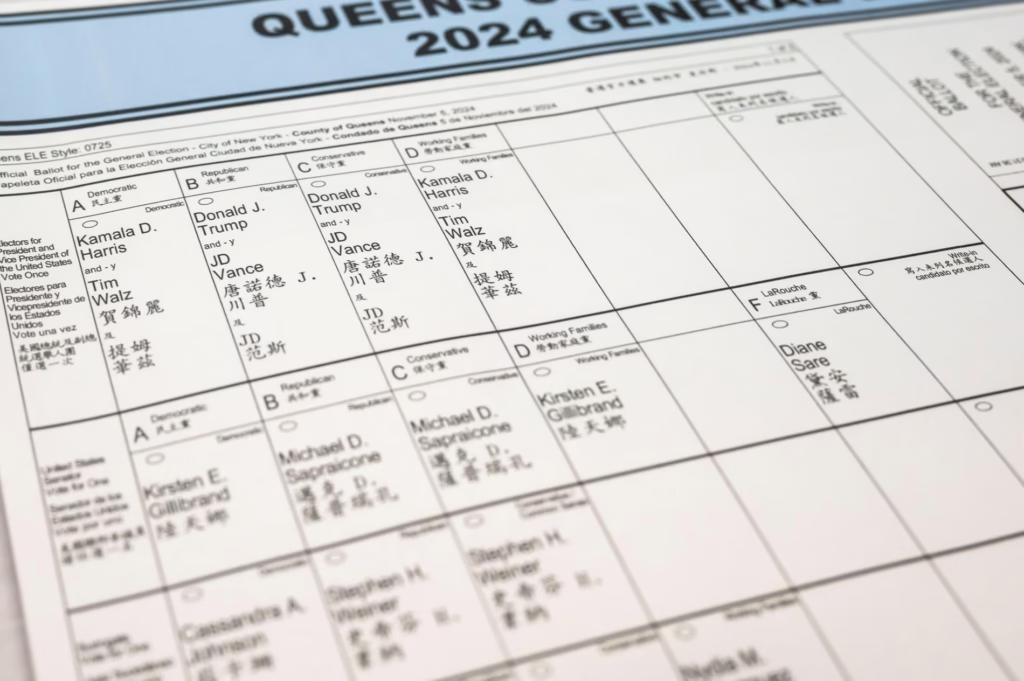US President Donald Trump has announced plans to issue an executive order requiring voter identification in all elections, insisting there will be “no exceptions.” Trump shared his intention on Truth Social late Saturday, saying, “Voter I.D. Must Be Part of Every Single Vote. NO EXCEPTIONS! I Will Be Doing An Executive Order To That End!!!”
Any move to enforce a nationwide voter ID mandate is expected to face legal challenges. The U.S. Constitution gives states primary control over elections and allows Congress to pass election-related laws. It does not grant the president authority to regulate voting. Experts say that a presidential order mandating voter ID could be struck down in court. Election law is primarily a state responsibility. Courts have historically rejected attempts to centralize election rules through executive action, which suggests Trump’s plan may face significant hurdles if implemented.
Voter fraud in the U.S. is extremely rare. Studies show that requiring voter ID does little to prevent fraud but can create barriers for many citizens. Voter ID laws tend to affect minorities, low-income voters, seniors, disabled people, and students more than others. The Brennan Center for Justice reports that about 11% of eligible voters lack the type of ID required in states with strict ID laws. This share rises among certain groups, including seniors, minorities, people with disabilities, low-income voters, and students. Critics argue that enforcing voter ID could disproportionately exclude these groups from the voting process.
Trump’s voter ID proposal comes amid ongoing debates about election security and integrity. Supporters argue that mandatory ID will strengthen election security, while opponents warn it could suppress voter turnout, especially among marginalized populations. Legal scholars note that while the idea of voter ID may appeal politically, it is unlikely to succeed at a national level without Congressional approval. Attempts to bypass Congress could lead to lengthy court battles.
If enacted, a nationwide voter ID requirement would mark a major shift in U.S. election rules. Currently, states individually set voter ID standards, and requirements vary widely. Some states accept a broad range of identification, while others have strict rules that many citizens cannot easily meet. Analysts caution that implementing a presidentially mandated ID law could trigger both legal and political conflicts. Voter access groups argue that any restrictions could disenfranchise millions. Courts may have to weigh the constitutional limits of presidential power against the goal of election security.
Election law experts emphasize that voter ID laws have historically not prevented fraud but have limited participation. They note that executive overreach in this area could set a controversial precedent. Constitutional scholars stress that elections are meant to be administered at the state level, making a federal mandate legally precarious. With Trump signaling strong support for voter ID, the debate over election rules and voter access is likely to intensify. Courts, lawmakers, and voters could face complex legal and political battles as the 2024 elections approach.

